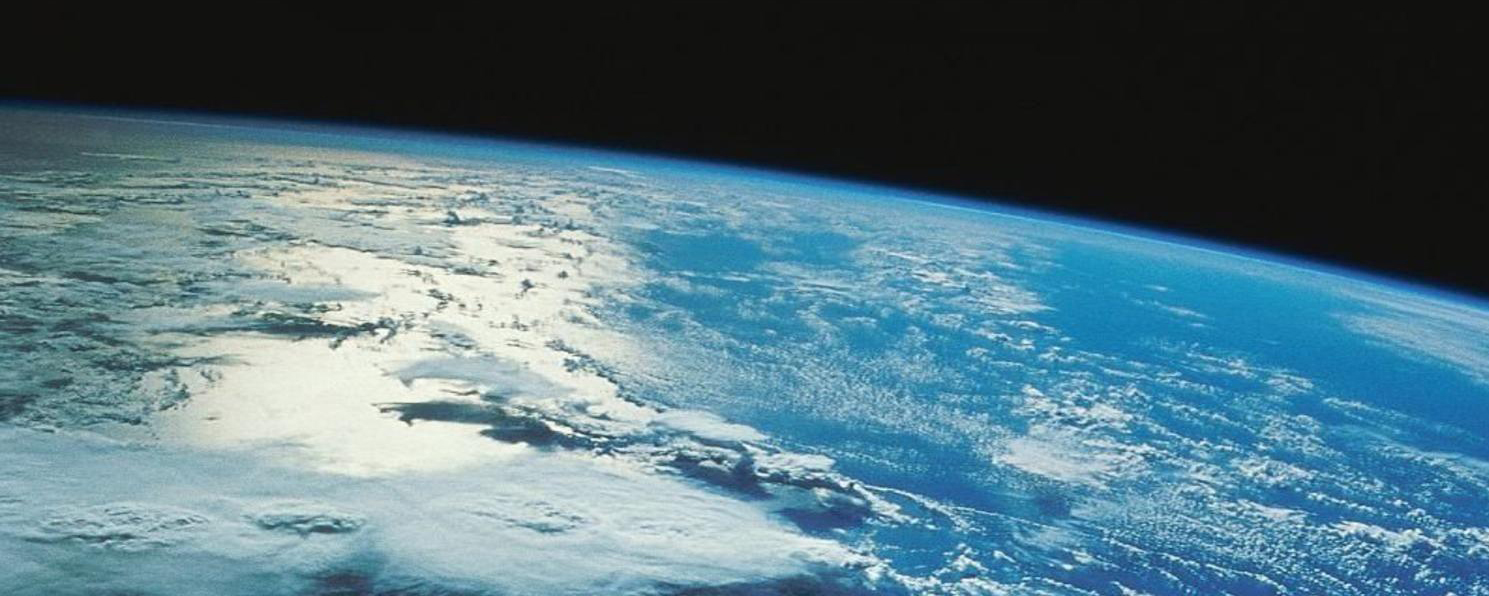



"It's just the El Niño, not human activity"
Some climate change deniers claim that El Niño, not greenhouse gas emissions, are responsible for the bulk of climate change. El Niño is a phenomenon that describes the cyclical exchange of heat between the oceans and the atmosphere. Key word there is “cyclical”. To the scientifically inclined, it is common knowledge that the majority of the heat causing rising temperatures is building up in the ocean. Knowing this, it becomes fairly obvious (to some, at least), that a cyclical process has nothing to do with the net influx of heat in the oceans. Many deniers point to one study published in 2009 in which the author claims, “The close relationship between ENSO and global temperature… leaves little room for any warming driven by human carbon dioxide emission.” However, upon investigation of the article’s claims, mathematical corrections made eliminated any account of the long-term global temperature shift. They failed to analyze the raw data, instead using twelve-month averages. Then they looked at them 12 months apart, which in a regular system like the El Nino, should show exactly the same data every year unless something else was changing. This is because the trend they create by measuring in annual intervals reduces everything to a constant. Based on the misinterpretation of the data, El Niño is a poor predictor of long-term trends. In fact, there is no long-term trend for El Niño — it’s literally in the name. El Niño Southern Oscillation. The word “oscillation” doesn’t carry some underlying implication. Look at any plot of the Southern Oscillation Index over a period of time, and it’s clear that there is no long-term trend, while global temperatures continue to follow the same warming trend we’ve known about for years.
Contributed by: Ben Lapidus, Michael Moore, Benjamin Salzberg